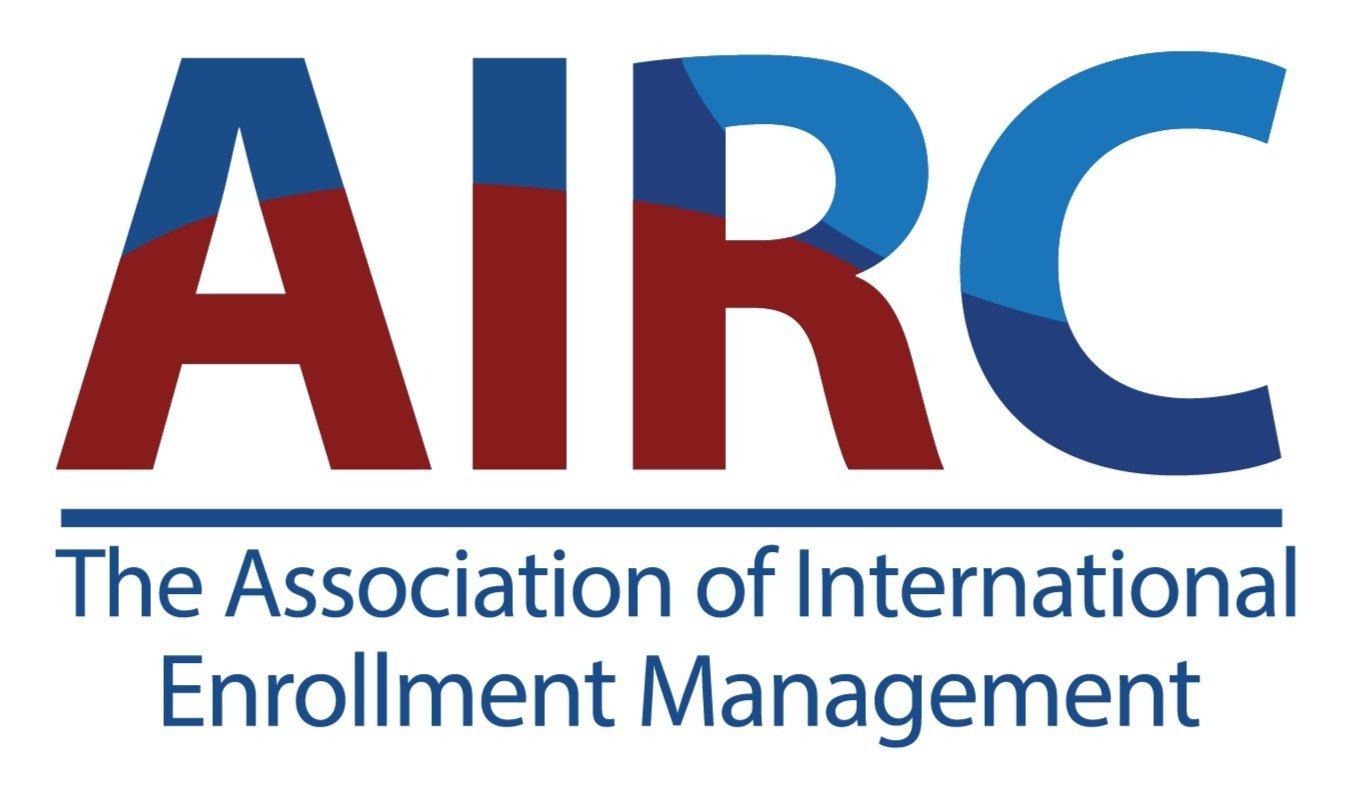Students are on the move.
65% of American higher education institutions have seen an increase in international student applications from last year. Two thirds of those institutions are actively working with agents, and say they’re “the most helpful of channels/strategies”.
The trend is consistent across the Atlantic - in January of this year, the UK beat its target of 600,000 enrolled international students - ten years ahead of schedule.
The future’s bright for the industry. Rapid digitisation necessitated by the pandemic, the explosion of SaaS tech, and the remote work revolution have changed the world, and the world of international student recruitment is no different.
Needle-moving technology is empowering us to index thousands of data points to improve search efficiency, give highly personalised recommendations, host virtual open days, and connect students online ahead of their relocation (a great comfort for those moving miles from home).
But setting students on their new educational journeys in new countries is a very human thing.
When exciting new technologies enter the stage, this can sometimes get forgotten.
Too much of a good thing
Remote work is an undeniably great thing for humanity. It’s great for employees and employers. It’s good for economies, equal opportunities, and worldwide work-life balances.
But in a highly human industry, it comes with its downsides.
The freedom of workers to roam and companies to outsource translates to a dearth of workers on the ground.
What this means for culturally-led and educational missions is that the sociable, supportive, person-first experience can get lost.
What we do is deeply rooted in human connection. At AECC, we advocate for a hybrid approach. This hinges on three core benefits we consider non-negotiable in our line of work:
- We can make real connections and build meaningful relationships with students and institutions alike
- We can build a strong and self-proliferating recruitment ecosystem
- We have deep insight and authority in local markets, and the communities our partners have cultivated.
The best of both worlds
AECC is definitely “pro-tech”. In 2020 we established our Digital Innovation Hub, which is currently helping us transform the experience for our students with:
- Our AECC Student online platform and mobile app, allowing instant application, updates, and document submission, reducing timely manual processes and increasing transparency
- AECC Search, where students can intelligently search thousands of courses on the basis of location, subject interest, career outcomes, and even scholarship opportunities in seconds
- AECC Skills, a complimentary career-focused skills assessment for our prospective students completed prior to their first engagement with us. We’ve delivered 14,000+ skills assessments so far, enriching our counselling process and helping our students better identify their strengths and potential career outcomes.
That said, a key value for us is not to let this tech “innovate away” the human element.
Every day our 700-strong team throughout 40 offices across 15 countries connects with students on a deeply personal level, helping them to navigate their study abroad journey. Our team speaks 21+ different languages. And to put it simply, we love what we do.
However “user friendly” a technology is, it still treats the student as a “user” rather than a participant or applicant.
However personalised the service, it’s still not a person. Websites, search functions, and chat services should support the work of the counsellor on the phone or behind the desk - not replace them.
Our view is that a hybrid strategy of one-to-one relationships combined with innovative technology will always be most effective for supporting students as they seek to study abroad.
Our “why” is to open up the world to aspiring students. What we offer is not a transactional placement service. We facilitate real, emotional, educational recruitment experiences that change the lives of our students.
We choose to focus not on the technical innovations themselves, but how they best connect people, rather than drive them further apart for the sake of convenience.
That’s why for us, the journey we facilitate for our students will always be rooted in people-to-people connection and real relationships.
Author: AECC Global

























